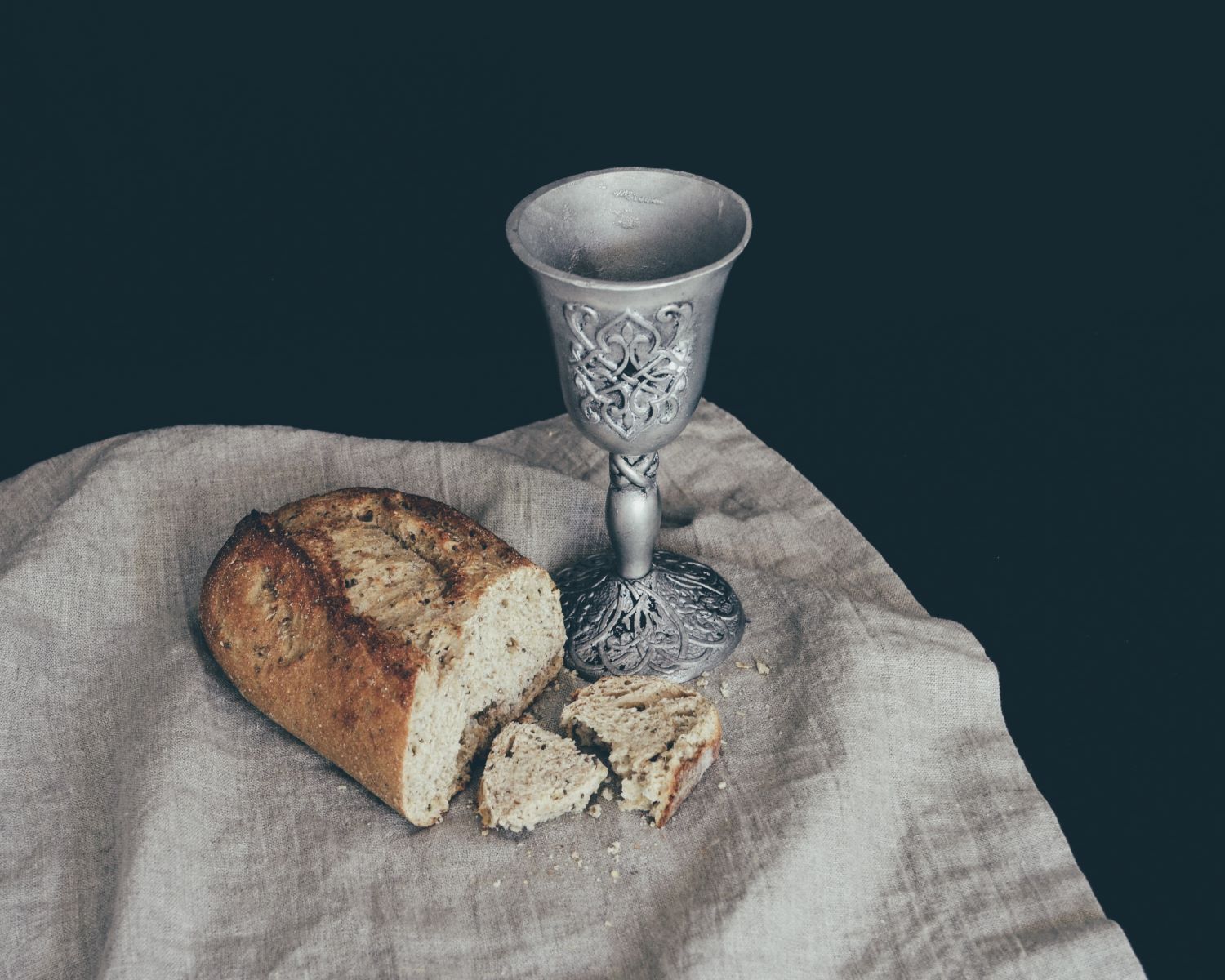The Lord’s Supper is known by many names: the Eucharist, Holy Communion, the Mass, the Sacrament of the Altar, etc. Regardless of what one calls it, this rite has been and continues to be for many the central act of Christian worship. It has also been one of the most controversial topics in the history of Christian theological reflection. We fans of the Reformation might forget that the doctrine that divided Luther and Zwingli or spawned Thomas Cranmer’s martyrdom was not justification or atonement or the Trinity, it was the doctrine of the Lord’s Supper. Although (thankfully) Christians are no longer burning one another at the stake due to nuanced views on the metaphysics of Christ’s presence in the Eucharist, this doctrine remains a vital area of Christian reflection. Below are six books of unique importance in beginning to think well about the doctrine.
The Banquet’s Wisdom: A Short History of the Theologies of the Lord’s Supper
Studying the theology of the Lord’s Supper is very much a study in the history of theological development. This doctrine—perhaps more so than others—cannot be examined independent of the lived experience Sunday by Sunday of the worship of the faithful. Macy’s book is the best, accessible introduction to the history of the varying interpretations of the Lord’s Supper. Beginning with the early church and surveying the Western conversation up through the Council of Trent, Macy provides a helpful birds-eye view of the major contours to the history of dispute on this topic.
The Eucharist and Ecumenism: Let us Keep the Feast
There had been a bit of a lull in constructive accounts of the Lord’s Supper in systematic theology since the 20th century. Many works during this period were simply historical studies of various figures. Hunsinger’s book is a bold attempt at reengaging the controversial issue of Christ’s presence, but he does so on a more linguistic level in order to (he hopes) avoid some of the standard controversies. Although Hunsinger is known as a postliberal Barthain scholar, there isn’t any Barth in this book, even as the postliberal linguistic emphasis is apparent. For those in the Reformed tradition with a penchant for the ecumenical, Hunsinger offers a compelling picture.
Remembrance, Communion, and Hope: Rediscovering the Gospel at the Lord’s Table
Speaking of the Reformed tradition, Todd Billings offers his constructive proposal built on a firm foundation of the Reformed confessional tradition. Reformed theologies of the Lord’s Supper tend to waver between Zwinglian and Bucerian poles. Billings’ study of key Reformed confessions pushes him to advocate for a Eucharistic picture more along the latter lines.
Table and Temple: The Christian Eucharist and Its Jewish Roots
Continuing in the “high sacramental Reformed” tradition that comes out of Western Seminary, I found David Stubbs’ book to be very engaging. There are other books that seek to make connections between the Old Testament and the Lord’s Supper or probe the Passover connections to this Christian Rite. But Stubbs creatively and constructively explores Temple worship for theological themes that are carried over into Eucharistic worship. One part biblical theology, one part theological interpretation of Scripture, one part constructive sacramental theology, this book has potential to immediately enhance present worship experiences of the Lord’s Supper.
For something a bit different, but that will be of interest to the analytic-inclined readers, Marilyn McCord Adams’ text is a gem at the intersection of philosophy, theology, and history. Medieval thinkers like Aquinas, Scotus, and Ockham were philosophical and theological geniuses. McCord Adams helpfully shows how they used and modified Aristotelian metaphysics to explicate theological doctrines. This is a very challenging book, but only because the philosophical concepts in use to talk about Christ’s presence in the Lord’s Supper are themselves so challenging.
An Incarnational Model of the Eucharist
I know recommending one’s own book is like wearing the T-shirt of the band you are going to see, but I’m just going to have to be “that guy.” If you are looking for a constructive proposal on Christ’s presence in the Lord’s Supper that is biblically-based, philosophically-engaged, historically-informed, and potentially ecumenically-attractive, I think I have the book for you! The nutshell teaser: the body of Christ and the bread of the Lord’s Supper? Its kinda like how Jesus is God and a human being.
James Arcadi is associate professor of biblical and systematic theology at Trinity Evangelical Divinity School. This post first appeared on London Lyceum.
